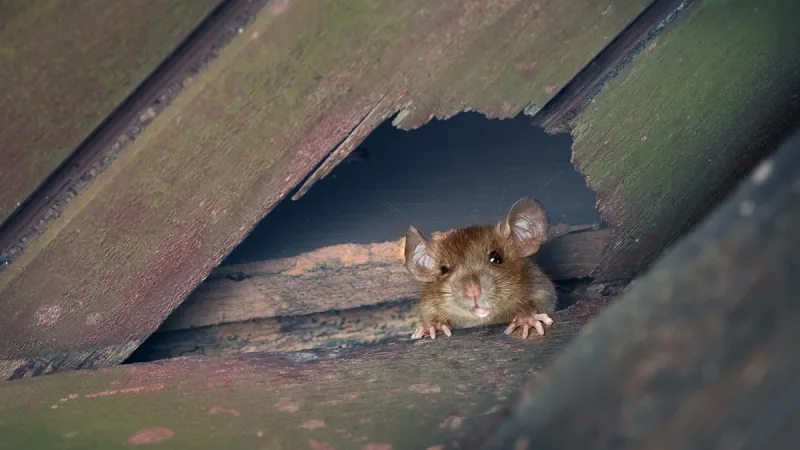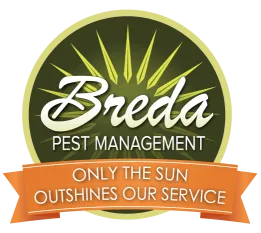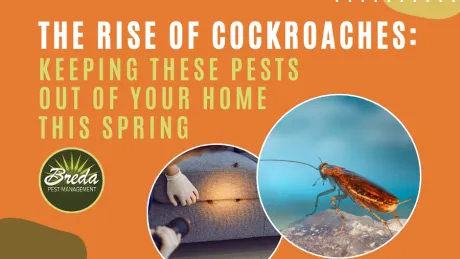
The Dangers of Wildlife in Your Home: Health and Safety Concerns

Health Risks Posed by Wildlife
Disease Transmission
Wildlife can carry and transmit a variety of diseases that can affect humans and pets. Some of the most common health risks include:
Hantavirus: Carried by rodents, particularly deer mice, hantavirus can be transmitted through contact with rodent urine, droppings, or saliva. Inhalation of airborne particles containing the virus can lead to severe respiratory issues.
Rabies: Raccoons, bats, and skunks are primary carriers of rabies, a potentially fatal disease that affects the nervous system. Rabies is transmitted through bites or scratches from an infected animal.
Leptospirosis: This bacterial infection is spread through the urine of infected animals, including rats and raccoons. It can cause symptoms ranging from mild flu-like illness to severe organ damage.
Histoplasmosis: Bats and birds can carry the fungus Histoplasma capsulatum, which thrives in their droppings. Inhalation of spores can lead to a respiratory infection, particularly dangerous for those with weakened immune systems.
Lyme Disease: Carried by ticks that often hitch rides on wildlife like deer and rodents, Lyme disease can cause long-term health problems if not treated promptly.
Allergies and Asthma
Wildlife infestations can exacerbate allergies and asthma. Droppings, dander, and urine from rodents, bats, and birds can trigger allergic reactions and respiratory issues. Additionally, the presence of these animals can attract pests like mites and fleas, further contributing to health problems.
Safety Concerns
Structural Damage
Wildlife can cause significant structural damage to homes. Rodents chew through wires, insulation, and wood, potentially causing electrical fires and compromising the integrity of your home's structure. Squirrels and raccoons can tear through roofing materials to gain entry, leading to leaks and water damage.
Fire Hazards
Rodents, particularly rats and mice, are notorious for gnawing on electrical wiring. This behavior can strip the insulation off wires, increasing the risk of short circuits and electrical fires. Nesting materials like leaves, paper, and insulation can also become fire hazards if located near electrical sources.
Physical Attacks
While most wildlife prefers to avoid human interaction, some animals can become aggressive if they feel threatened or cornered. Raccoons, skunks, and even squirrels may bite or scratch when confronted. Additionally, larger animals like raccoons can pose a threat to pets, leading to confrontations that can result in injury.
Contamination
Wildlife can contaminate food and water supplies within the home. Rodents and raccoons rummaging through pantries or pet food can leave behind urine and feces, posing a risk of foodborne illnesses. Bird and bat droppings can contaminate surfaces and air quality, leading to further health risks.
Preventative Measures
To mitigate the risks posed by wildlife, it's crucial to implement preventative measures:
Secure Entry Points
Regularly inspect your home for potential entry points, such as gaps around doors, windows, vents, and the roofline. Seal these openings with durable materials like steel wool, caulk, or hardware cloth.
Proper Waste Management
Ensure that garbage bins are tightly sealed and stored away from the house. Compost bins should be wildlife-proof, and pet food should be stored indoors in secure containers.
Maintain a Clean Environment
Keep your home and yard clean and free of debris. Trim overhanging tree branches that could provide access to your roof, and clear away woodpiles, leaf litter, and other potential hiding spots for wildlife.
Use Deterrents
Consider using wildlife deterrents such as motion-activated lights, ultrasonic repellents, and natural predators like owls. These measures can discourage wildlife from approaching your home and may offer short-term relief. Keep in mind that these are not intended to be long-term solutions and we recommend consulting a professional.
Professional Help
If you suspect or encounter a wildlife infestation, it's best to contact professional wildlife control services. Professionals can safely and humanely remove the animals, repair damage, and offer long-term solutions to prevent re-infestation.
The presence of wildlife in your home can lead to serious health and safety concerns. From disease transmission to structural damage and fire hazards, the risks associated with wildlife infestations are substantial. By taking proactive steps to secure your home and seeking professional help when needed, you can protect your family and property from the dangers posed by urban wildlife. For comprehensive and effective wildlife control, consider reaching out to BREDA Pest Management for expert assistance.



